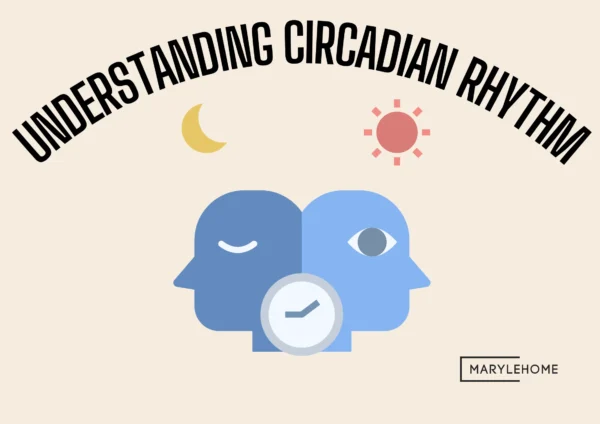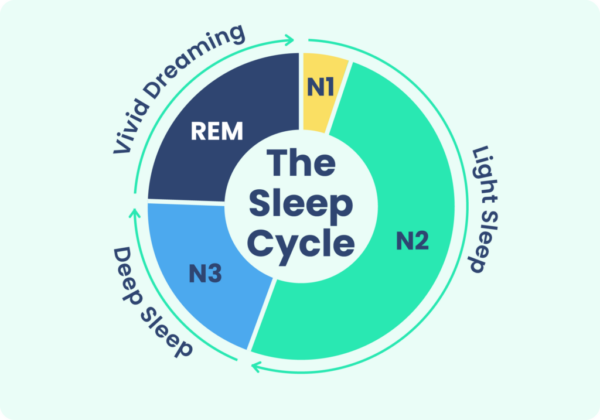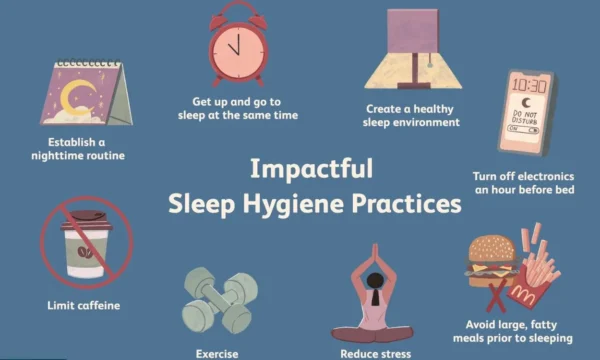Trendy Lifestyle Hacks
What Time Should I Sleep?
Getting the right amount of sleep is crucial for maintaining good health, enhancing cognitive function, and ensuring overall well-being. But just as important as the length of sleep is the timing. The question of “What time should I sleep?” is more complex than it seems. It involves understanding your body’s natural circadian rhythm, your lifestyle, and your individual needs.
While there isn’t a one-size-fits-all answer, certain guidelines can help determine the optimal time for you to go to bed to wake up feeling refreshed and ready to tackle the day. Let’s delve into how you can find the best bedtime for your lifestyle and health.
1. Understand Your Circadian Rhythm

Your circadian rhythm is your body’s internal clock that dictates sleep-wake cycles. It is largely influenced by natural light and darkness. Most adults have a natural circadian rhythm that aligns with sleeping during the night and waking up in the morning. If you want to wake up at 7 a.m. and need about 8 hours of sleep, your ideal bedtime would be around 11 p.m. Aligning your sleep with your natural circadian rhythm can help you feel more rested and alert during the day.
2. Consider Sleep Cycles

Sleep isn’t just about how many hours you get, but also about completing sleep cycles. An average sleep cycle lasts about 90 minutes and involves several stages of light, deep, and REM (Rapid Eye Movement) sleep. Ideally, you want to wake up at the end of a sleep cycle rather than in the middle. Using a sleep calculator to figure out the best time to wake up or go to sleep based on 90-minute cycles can help in feeling more refreshed.
3. The Impact of Consistency
Going to bed and waking up at the same time every day helps regulate your body clock. This consistency not only makes it easier to fall asleep but also improves the quality of your sleep. An erratic sleep schedule can throw off your internal clock, making it harder to get restful sleep even if you spend more hours in bed.
4. Listen to Your Body

While there are general recommendations, everyone’s sleep needs are unique. Pay attention to how you feel in the morning. If you’re consistently waking up feeling groggy, it may be worth adjusting your bedtime. Also, if you find yourself feeling sleepy before your typical bedtime, don’t fight it—go to bed earlier.
5. Nap Wisely

If you feel tired during the day, a short nap of about 20-30 minutes can help refresh you. However, avoid napping too close to bedtime as it might interfere with your ability to fall asleep at night.
6. Use Sleep Aids Sparingly
Some people resort to sleep aids, like melatonin supplements or sleep medications, to help them sleep at a specific time. While these can be helpful for short-term use, it’s better to establish natural sleep patterns for long-term health.
7. Adjust Gradually
If you need to change your sleep time (e.g., for a new job or schedule), make gradual adjustments. Shifting your bedtime by 15 minutes earlier or later every few days can help your body adapt without causing sleep disruptions.
8. Create a Bedtime Routine

Developing a pre-sleep routine can signal your body that it’s time to wind down. This could include reading a book, meditating, or taking a warm bath. A calming routine helps reduce stress and sets the stage for quality sleep.


